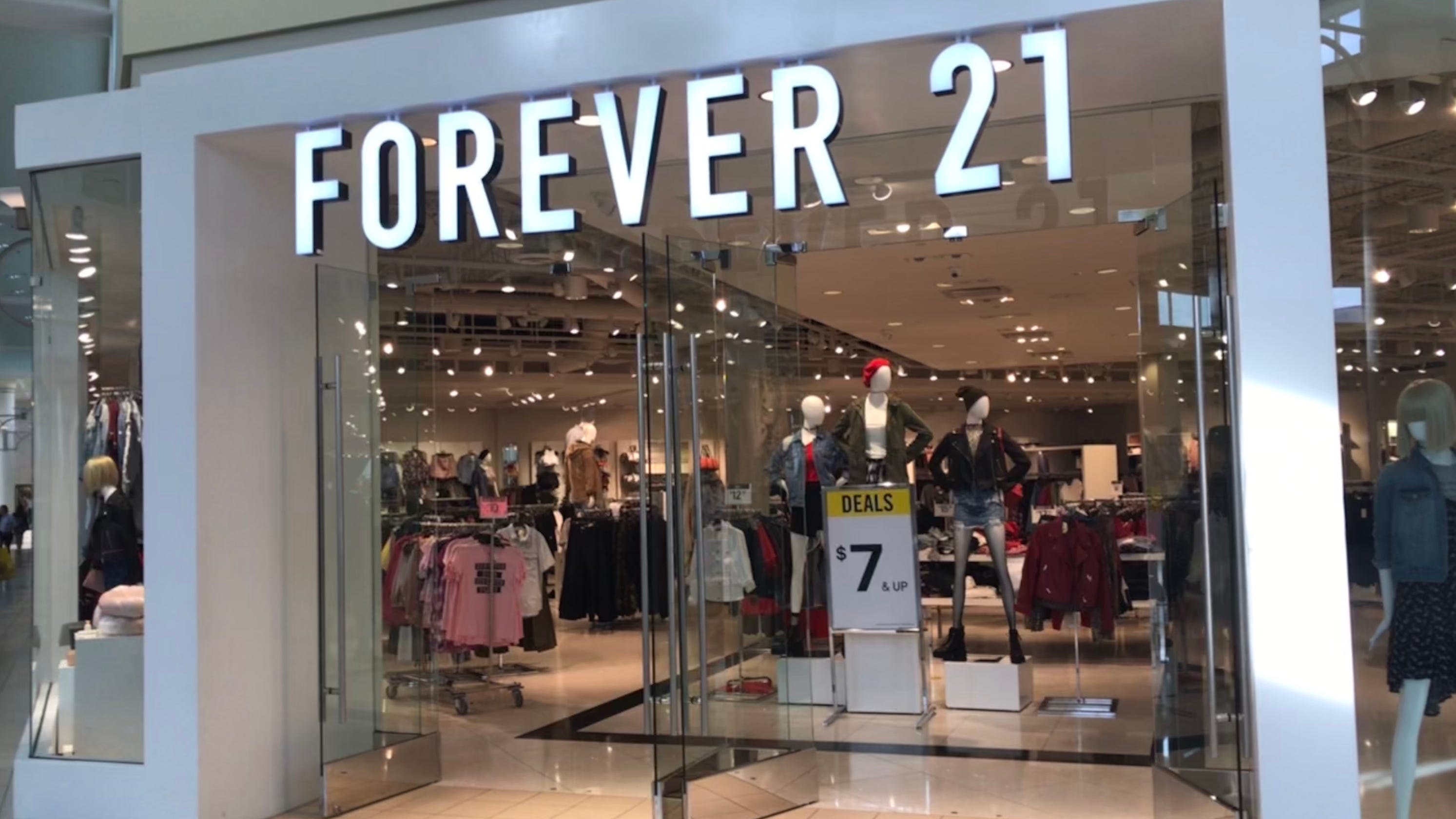Turns out forever 21 might not be forever after all.

If you don’t live under a rock, you probably know Forever 21, the teen fashion retailer based in Los Angeles.
What most of us are not familiar with is this: What’s the story behind it?
Forever 21 did not start off as Forever 21, but instead, Fashion 21. It was founded by a South Korean family – Do Won Chang and Jin Sook.
Back then, both of them were immigrants to the States. After moving in 1981, Do Won had to work three jobs at the same time to make ends meet. While working at the gas station that he realised that most of the people in the fancy cars were in the garment business.
So, three years later, with $11,000 in savings, the Changs opened a 900-square-foot clothing store called Fashion 21. The couple took advantage of wholesale closeouts to buy merchandise from manufacturers at a discount.
Their system worked. The store made $700,000 in sales its first year. They also changed the name to Forever 21 to emphasise the idea that it was “for anyone who wants to be trendy, fresh and young in spirit.”
Their business began doing so well that they opened a new store every six months, and by 2015, their sales peaked, with $4.4 billion in global sales. The Changs became one of the wealthiest couples with a combined net worth of $5.9 billion in March 2015.
Forever 21’s goal was to become an $8 billion company by 2017 and open 600 new stores in three years. But the company’s aggressive expansion would also, many argue, lead to its downfall.
As the company focussed on growing bigger, some people began to think that it’s style became mundane and lost its ”coolness factor.” Pretty soon, some felt it became the topic of everyone’s jokes and could be criticised for losing touch with some customers. Even basic staples at Forever 21 could be said to be letting people down. In my opinion, customers found a shirt or hoodie they like, only to find phrases like “I love tacos” and they put it back.
“They’ve lost sight of what brought them there,” said Roger Beahm, executive director of the Centre for Retail Innovation at Wake Forest University. “They’ve tried to make up for it by expanding the appeal, and I think you end up diluting what you stand for.”
Also, upcoming internet brands churn out celebrity and influencer inspired styles at a rapid-fire pace. And as e-commerce has continued to boom, traditional retailers like Forever 21 could be seen as struggling to adapt. Almost 15,000 retailers across the US have been shut down, and Forever 21 is experiencing what is being referred to by some as the “retail apocalypse.”
On top of that, the Changs, who still own the company, have lost more than $4 billion from their personal net worth. The company overall is now $500 million in debt.
However this doesn’t mean the end for the company. In fact, it could give Forever 21 time to restructure and bounce back, and hopefully this retail brand will stay in our high streets and shopping centres for years to come.
| By Ishita Sharma |

